The US, under Donald Trump, has reduced its involvement in Africa, while China’s engagement with Africa — especially BRI-related is not free from controversy. But Japan’s approach to Africa differs from that of other countries. Though it may appear cautious, its strong emphasis on capacity building is significant. Like other middle powers, Japan is working to build its ‘Smart Power’ in a strategic way.
In recent years, global power has shifted from the battlefield to the realm of ideas, culture, and influence. The United States, once unrivalled in projecting Soft Power through Hollywood, higher education, and international aid, is now facing an erosion of its appeal as it adopts a more inward-looking posture towards immigration, economic ties with the outside world, and a reduction of assistance to developing nations.
Secondly, there is an increasing focus of several non-Western countries like China, India, South Korea, Japan, UAE on what has been dubbed as ‘Soft Power’ in different ways. Many Middle Powers like the UAE, Qatar, Saudi Arabia, and Indonesia have been linking their stance on key foreign policy issues to ‘Soft Power’.
Also Read: BRICS and Beyond: India’s Foreign Policy Balancing Act Between Washington and Beijing
Here it would also be important to point out that there have been question marks regarding the efficacy of ‘Soft Power’ by itself and whether ‘Smart Power’ – a blend of Hard Power and Soft Power — is a more suitable concept than Soft Power. It is also important to understand that ‘Soft Power’ is no longer restricted to popular culture, sports, and music. Countries like the UAE and Japan are enhancing their ‘Soft Power’ by focusing on more open immigration policies, attracting manpower with skills and talent with an eye on achieving their economic objectives.
While India’s Soft Power has long been linked to areas like Bollywood, Yoga, Cricket, and its history, it has also begun to focus more on promoting its Soft Power by highlighting its contributions in areas such as assistance towards countries in the Global South in capacity building.
The Tokyo International Conference on African Development: A reiteration of Japan’s emphasis on ‘Smart Power’?
The 9th Tokyo International Conference on African Development (TICAD 9) was held in Tokyo (August 20-22, 2025). Japan had been leading TICAD since 1993. The timing of the conference is important, since it comes amidst the “tariff wars” between the US and several countries. It also comes at a time when Beijing continues to strengthen its economic linkages with Africa.
Japanese assistance vs China’s engagement in Africa
China’s economic footprint in Africa has grown rapidly in recent decades, aided by the Belt and Road Initiative (BRI). Japan has taken a different approach, focusing on capacity building in health, education, and governance reforms. Through TICAD, it has supported healthcare, hygiene, nutrition, road infrastructure, and electricity in Africa.
Japan has long been known for its strength in innovation and technology. It has also projected Soft Power through its rich history, culture, and enduring appeal as a tourist destination. The conference reaffirmed how the East Asian nation seeks to employ ‘Smart Power’.The strategic side of Japan’s economic outreach towards Africa was underscored by the Japanese Prime Minister, Shigeru Ishiba, who spoke about a potential economic corridor linking the Indian Ocean with Africa. The Japanese PM said, “I will launch an Indian Ocean-Africa economic zone initiative.”
Under this initiative, Japan seeks to bring investment of Japanese companies currently operating in the Middle East and India into Africa.The Japanese PM also said that the East Asian nation, along with the African Development Bank, will extend loans of up to $5.5 billion for addressing issues pertaining to debts.
Japan also offered to train 30,000 experts in the sphere of artificial intelligence from all over Africa. This is important because Japan is sending out a strong message that it is invested in Africa and is also interested in strengthening the human resources. The US, under Donald Trump, has reduced its involvement in Africa, while China’s engagement with Africa — especially BRI-related is not free from controversy. Several of the projects under the umbrella of BRI have had to be re-negotiated and scrapped, since they faced opposition either due to their financial implications or environmental issues.
Japan has also reiterated that its funding for infrastructure projects in Africa would be based on the utility of the same and that it would not go for mega infrastructure projects.
In conclusion, Japan’s approach to Africa differs from that of other countries. Though it may appear cautious, its strong emphasis on capacity building is significant. Like other middle powers, Japan is working to build its ‘Smart Power’ in a strategic way.
Disclaimer: The views expressed in this article are of the author solely. TheRise.co.in neither endorses nor is responsible for them. Reproducing this content without permission is prohibited.
About the author
Tridivesh Singh Maini is a New Delhi-based Policy Analyst. He is faculty member of OP Jindal Global University, Sonepat, Haryana.

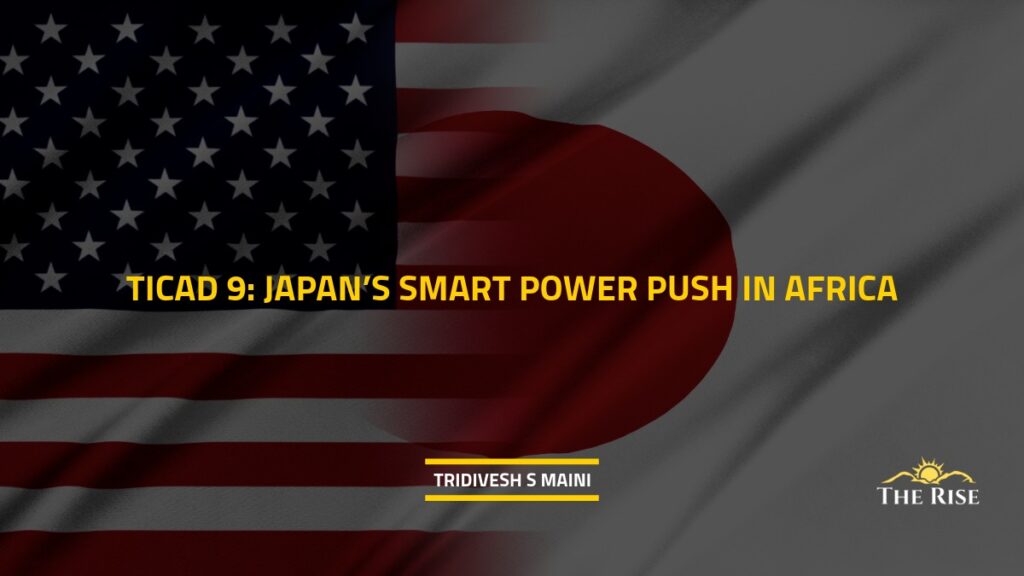

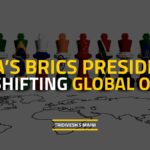
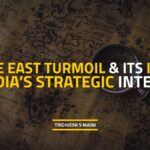
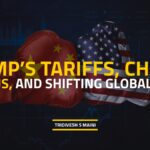





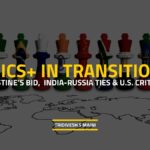

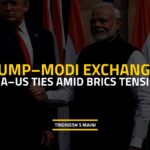
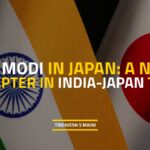



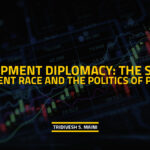


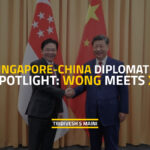


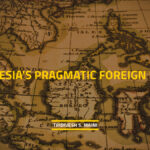

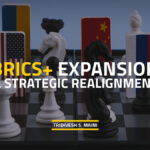





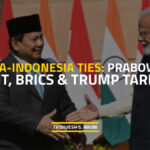



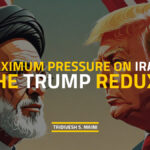


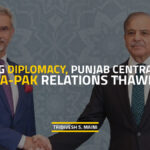

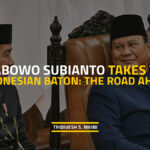

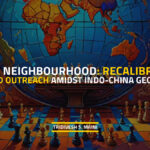

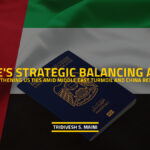
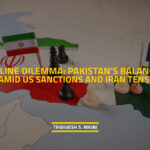
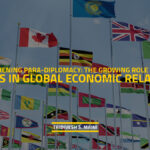


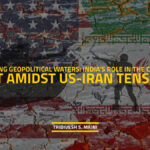




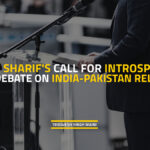
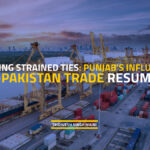


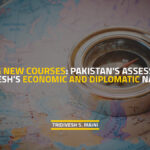




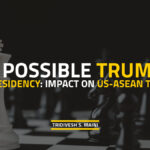



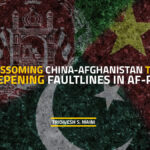

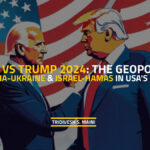
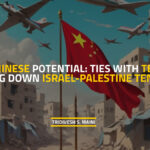

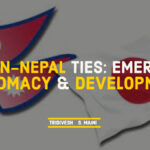

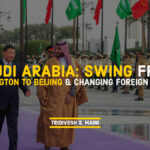

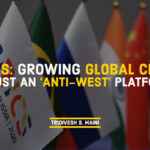
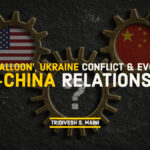
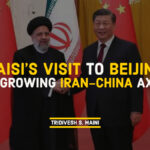






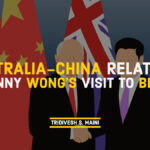
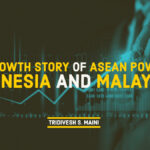

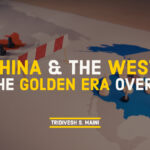
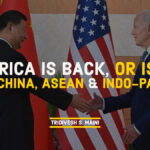
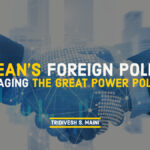
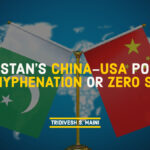
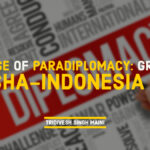

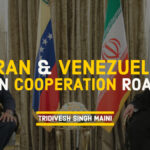

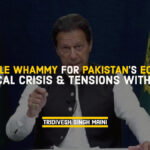
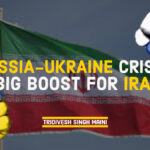
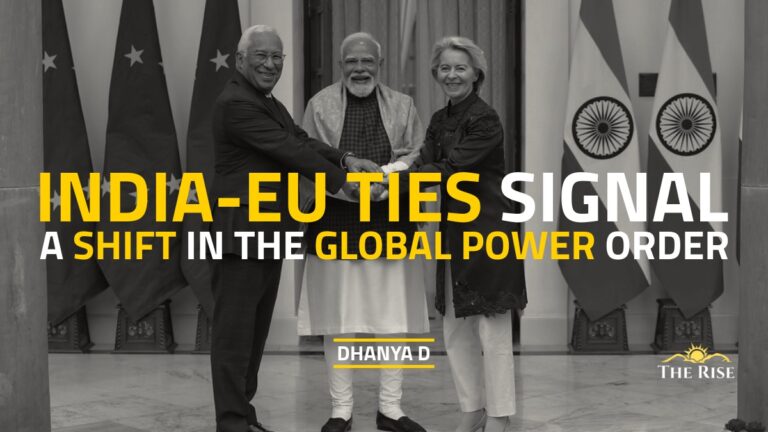
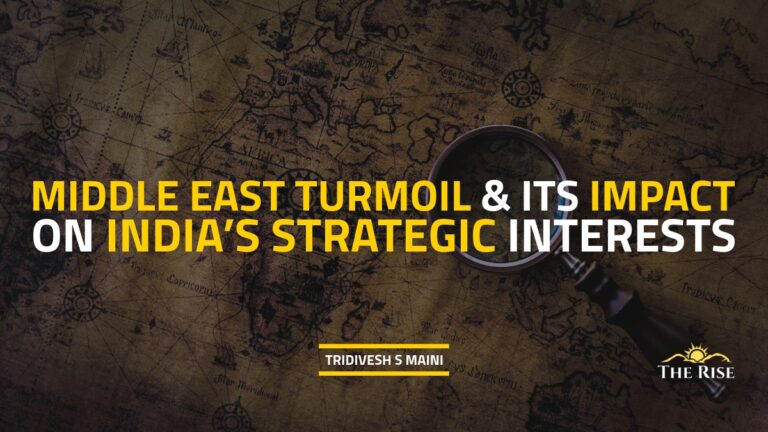
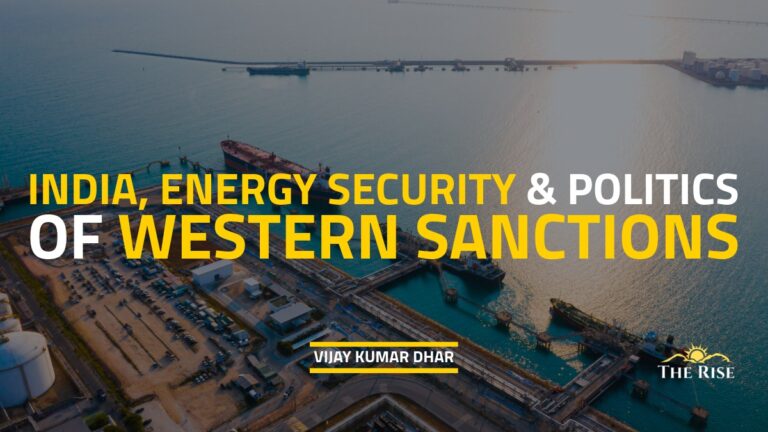

Pingback: Can Nuclear Cooperation Replace Rivalry - TheRise.co.in
Pingback: Beyond India Japan Ties - TheRise.co.in